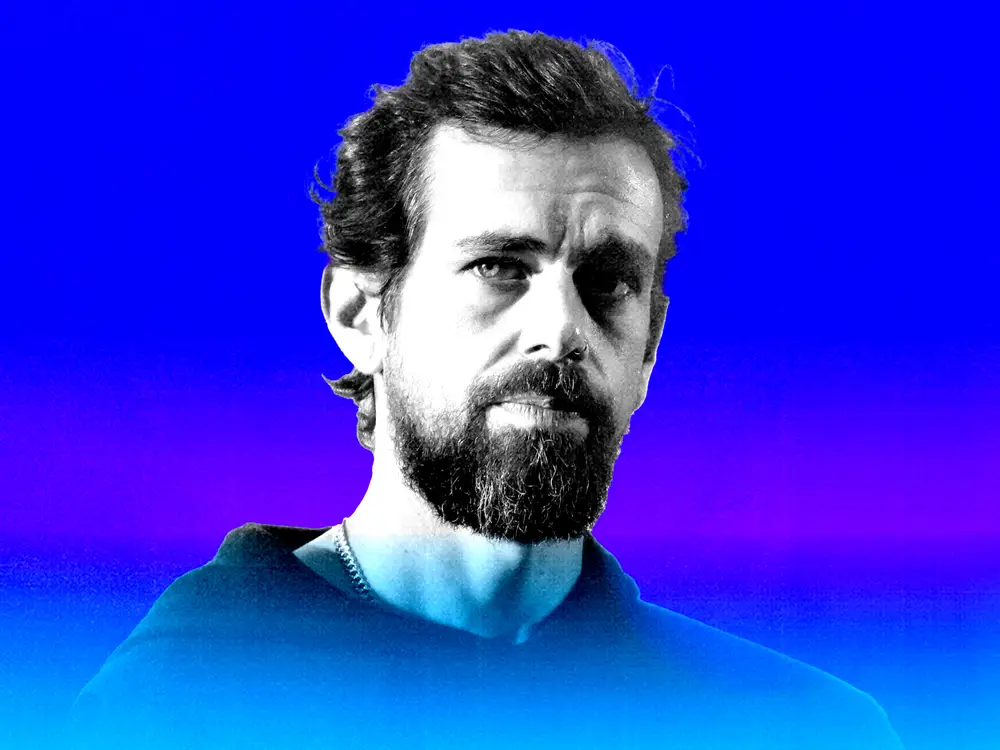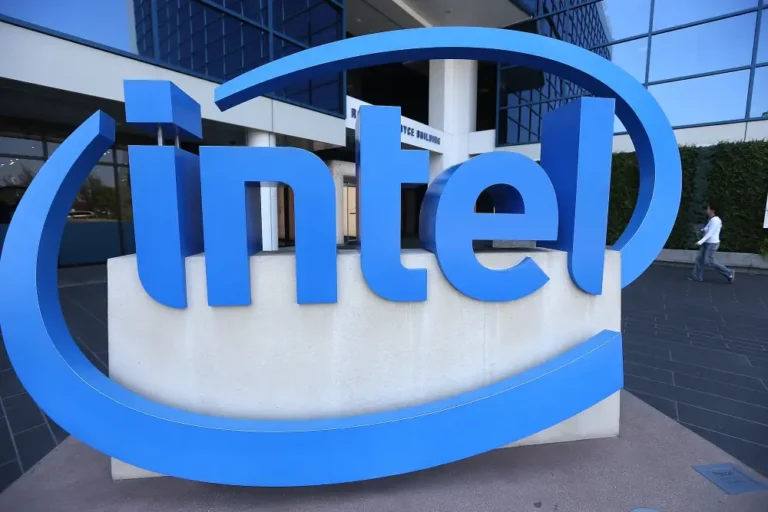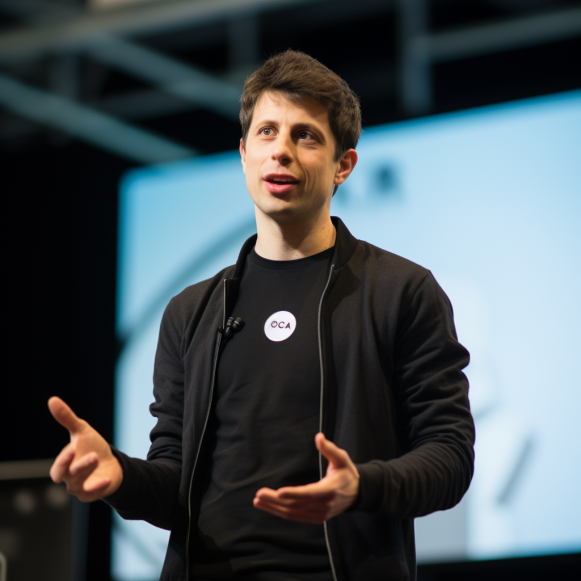Jack Dorsey gave $10 million to an anonymous founder with a deep devotion to a fascist ‘guru’

In his quest to support alternative social-media platforms, Twitter’s cofounder Jack Dorsey unwittingly funded a developer who’s a follower of a Brazilian fascist, according to archived webpages and business records.
The funding, which supported the development of the decentralized social-media protocol Nostr, comes as Silicon Valley’s rightward political drift has become more apparent and as some in tech’s elite push back against what they perceive as overreach in censorship and diversity, equity and inclusion initiatives.
Dorsey gave $10 million to a foundation supporting Nostr and 14 bitcoins, worth roughly $245,000, directly to Nostr’s founder, who until now was known pseudonymously as Fiatjaf.
Nostr “has no board, no company behind it, no funding,” Dorsey said in an interview with the Silicon Valley outlet Pirate Wires last month. “It’s a truly open protocol. The development environment is moving fast. And I gave a bunch of money to them.” Nostr has a relatively small user base of cryptocurrency and privacy enthusiasts, including Edward Snowden.
“We don’t know who the leader is, it’s like this anonymous Brazilian,” Dorsey said.
That anonymous Brazilian is Giovanni Torres Parra, a developer who has also built at least two webpages devoted to disseminating the work of the far-right conspiracy theorist Olavo de Carvalho. Before he died in 2022 after contracting COVID-19, de Carvalho — known as Olavo — praised Brazil’s military dictatorship, claimed that Pepsi-Cola was flavored with stem cells of aborted fetuses, preached that tolerance for homosexuality was “incompatible” with democracy, and had an office in Virginia decorated with portraits of Confederate generals.
Neither Dorsey nor Parra responded to requests for comment.
Olavo, who rose to prominence for railing against communists and a globalist conspiracy he claimed was creating a “worldwide socialist dictatorship,” spawned a mass reactionary movement. His adherents in Brazil have marched in the streets chanting his name. Before his death, Olavo was seen by many as former Brazilian President Jair Bolsonaro’s “guru” thanks to the influence he wielded in shaping Bolsonaro’s ultraconservative worldview.
On X, where Parra also went by Fiatjaf, his bio read, “Leftism is a disease.” Parra left the platform within the past year.
We identified Parra by examining archived versions of a website for a software-development company created by Fiatjaf that revealed that the person behind the company was also the operator of a hostel in southeastern Brazil. The hostel’s website indicates it is operated by Parra, and Fiatjaf’s Google Maps reviews indicate he spends time in the neighborhood where the hostel is. On Fiatjaf’s Github account, the license for some software written by Fiatjaf is assigned to Parra. We also found a copy of Parra’s university thesis, which matches details he provided to Forbes in a 2023 interview. The magazine agreed not to reveal his real name and referred to him only as Fiatjaf.
It’s not clear how much of the $10 million Dorsey gave to support the development of Nostr will make its way to Parra. The money went to the nonprofit Open Sats Initiative, which funds bitcoin-related projects including Nostr. Parra, as Fiatjaf, sits on a committee established by the organization to organize Nostr development efforts, Bitcoin Magazine reported. The donations to Open Sats are among the largest gifts Dorsey has made as part of his #StartSmall grantmaking initiative.
The Open Sats Initiative did not respond to a request for comment.
But in 2022, Parra directly received 14 bitcoins, worth roughly $245,000, from Dorsey. After an X user suggested to Dorsey that he help fund Nostr, Dorsey replied within 24 hours, “funding deployed to @fiatjaf.”
As Fiatjaf, Parra told Forbes that his political views were shaped by the laissez-faire Austrian school of economics and his entrepreneurial parents’ negative experiences with government regulation in Brazil. Parra was frustrated by what he saw as Twitter’s increasing censorship of users and wanted to build a decentralized protocol that would allow people to easily take their social-media profiles and followers to other networks if they disagreed with a platform’s content-moderation policies.
Parra linked to the websites he created for Olavo on the homepage of his primary personal website. On Github, he published a timeline of his life showing he enrolled in an online philosophy course on the dangers of “cultural Marxism” that Olavo began offering in 2009.
On a podcast last year, Parra, as Fiatjaf, mused about the likelihood that “Nazis or racists or whatever” could see Nostr as a home for hate speech because the nature of the protocol means it has no centralized content moderation.
“I want to tell these people to go somewhere else, but I think we need these people, too,” he said.






